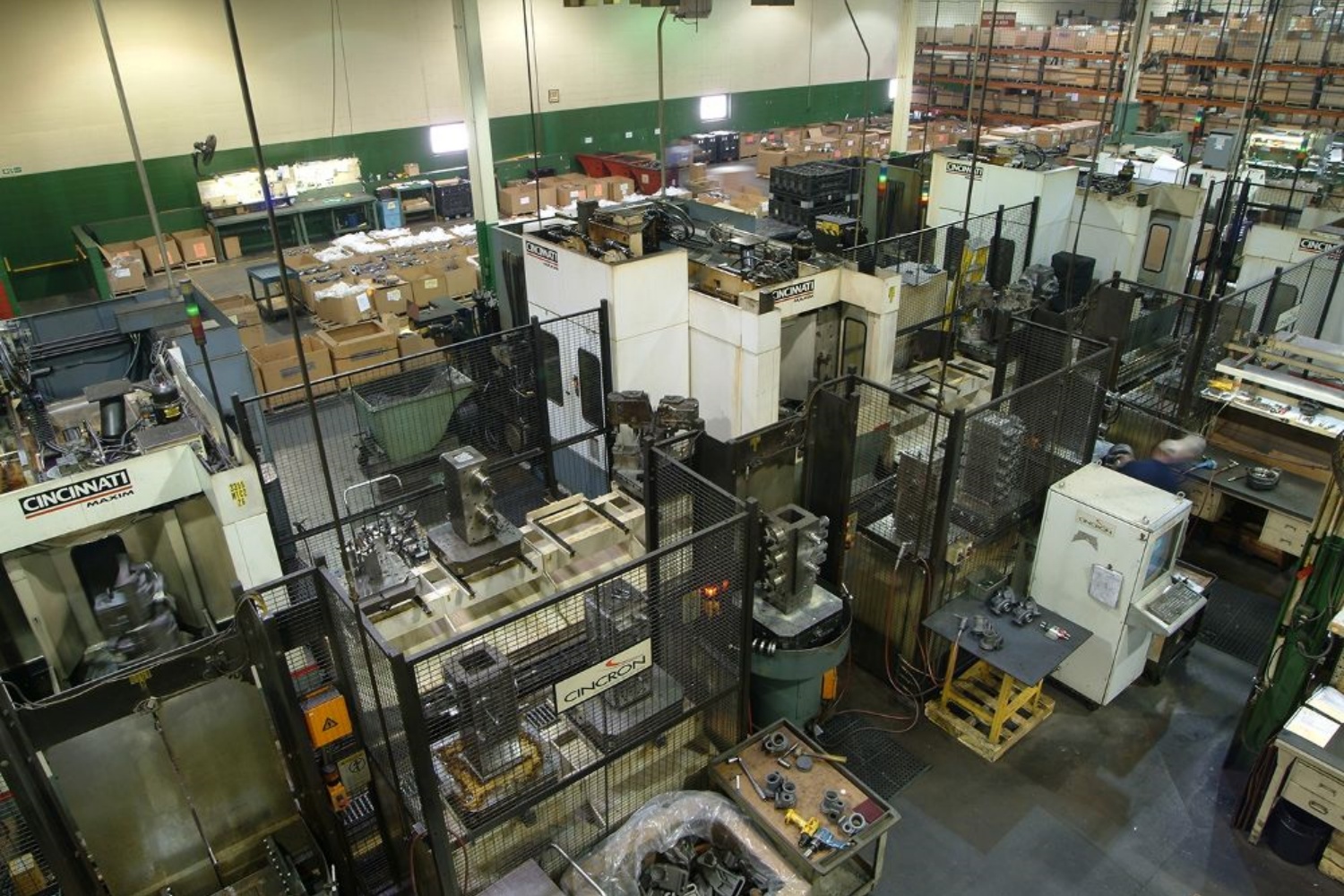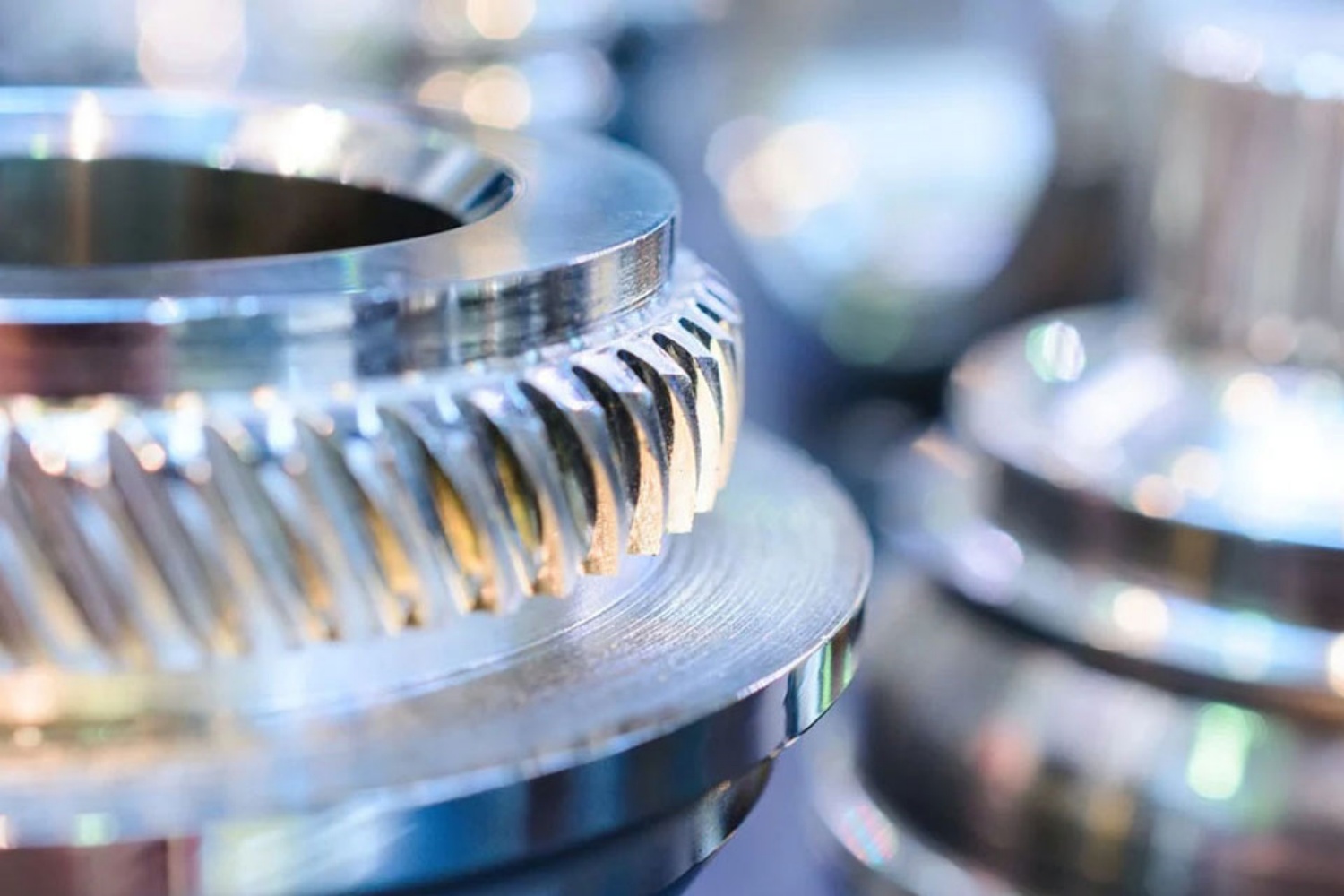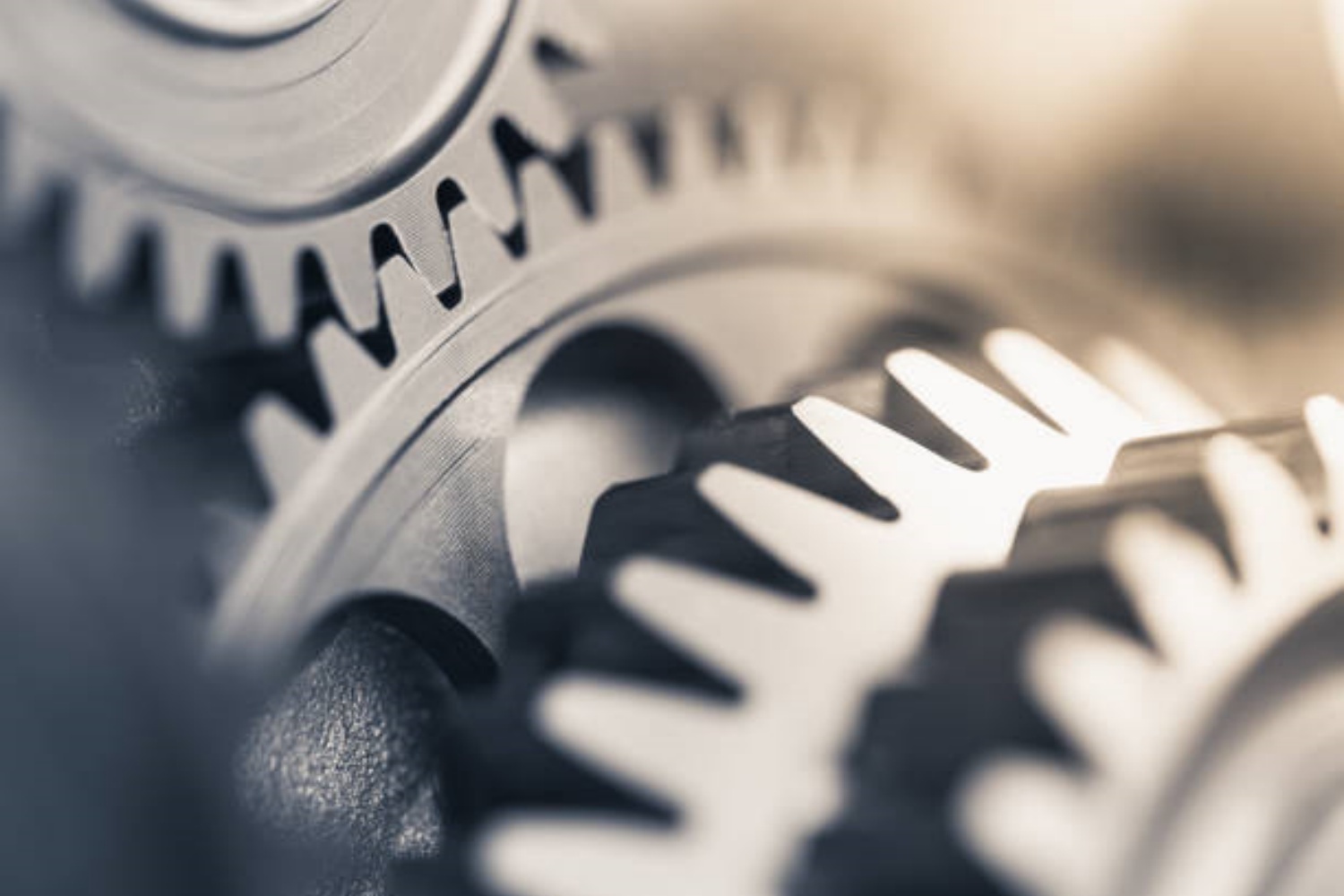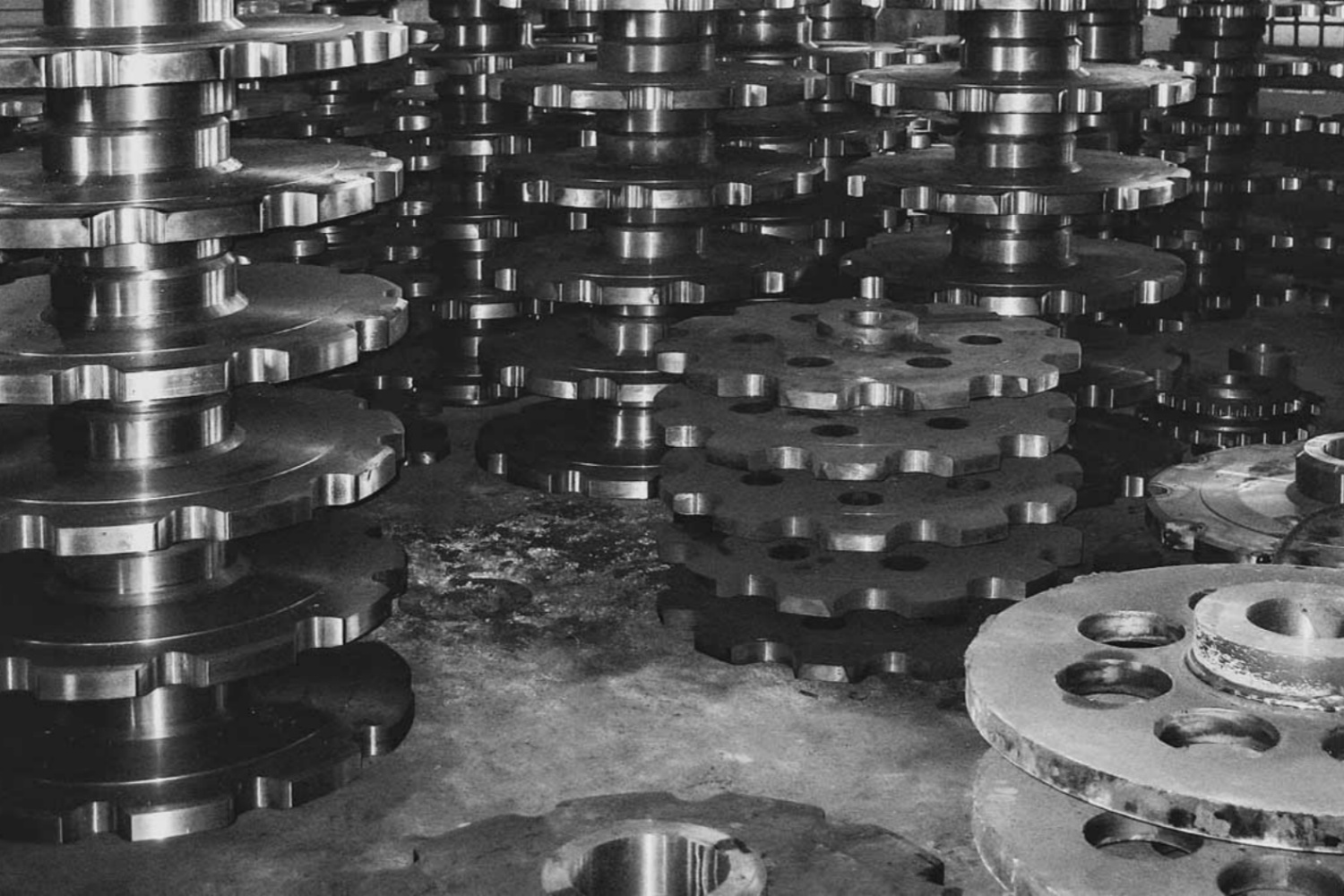In the realm of modern manufacturing and engineering, few processes are as fundamental and indispensable as machining. Machining stands as the cornerstone of transforming raw materials into intricate and functional components, underpinning a multitude of industries worldwide. Whether crafting delicate aerospace parts or robust automotive components, the precision and artistry of machining are pivotal in shaping our contemporary world.
Understanding Machining:
At its core, machining involves the systematic removal of material from a workpiece to achieve precise dimensions, shapes, and surface finishes. The primary machining operations encompass turning, milling, drilling, boring, grinding, sawing, forming, and broaching. Each operation demands specialized tools and techniques tailored to the specific characteristics of the materials involved. These foundational processes are adaptable and combinable, enabling the creation of intricate, durable, and high-performance components essential to modern manufacturing.
Tools of Precision:
The efficacy of machining hinges on an arsenal of specialized tools and equipment. Cutting-edge tools such as inserts, end mills, and drills are meticulously engineered to endure high speeds and forces while delivering exacting cuts. Recent advancements in tool materials and coatings have revolutionized machining capabilities, enhancing both performance and durability. Moreover, the integration of computer numerical control (CNC) machines has automated production processes, significantly elevating precision and efficiency in manufacturing operations.
Precision Engineering Excellence:
Central to machining is the relentless pursuit of precision and quality. Achieving stringent tolerances and impeccable surface finishes demands expertise, meticulous calibration, and rigorous adherence to exacting standards. Machinists leverage sophisticated metrology tools including micrometers, calipers, and coordinate measuring machines (CMMs) to verify and validate the precision of their work. Precision engineering not only ensures the functionality and reliability of components but also underscores a commitment to craftsmanship and excellence.
Innovation Driving Machining:
The landscape of machining continues to evolve propelled by innovation and technological advancements. Computer-aided design (CAD) and computer-aided manufacturing (CAM) systems have streamlined design-to-production workflows, facilitating the machining of intricate geometries with unprecedented accuracy. Furthermore, additive manufacturing technologies like 3D printing have broadened the scope of machining, enabling rapid prototyping and the customization of components to meet diverse industry demands.
Machining’s Role Across Industries:
Machining occupies a pivotal role across a spectrum of industries including automotive, aerospace, medical, defense, and electronics. From critical engine components and turbine blades to precision surgical implants and cutting-edge electronics, machining underpins the manufacturing sector’s ability to innovate and thrive. The capacity to deliver precise, reliable, and efficient components remains integral to driving advancements and breakthroughs in modern technology and industrial applications.
Machining transcends mere technical expertise; it embodies an amalgamation of skill, ingenuity, and a relentless pursuit of excellence. Its profound impact on modern industry is undeniable, enabling the creation of intricate and dependable components that power innovation across diverse sectors. As technological frontiers expand, the art and science of machining will continue to evolve, pushing boundaries and unlocking new possibilities. Embracing machining as both an art form and a science opens pathways to creativity, precision, and engineering distinction in the dynamic landscape of modern manufacturing.
By comprehensively exploring the essential aspects of machining, from its foundational principles to its transformative role across industries, this article underscores its critical significance in shaping the future of manufacturing and engineering.
CONTINUE READING
Related Posts
In mechanical drives, gears are essential for transmitting motion, power, and torque across various applications. Two of the most commonly […]
In the world of industrial machinery, efficiency, precision, and reliability are essential. A key component in achieving these goals is […]
In the world of industrial engineering, precision and innovation are essential to staying competitive and meeting the ever-growing demands of […]






